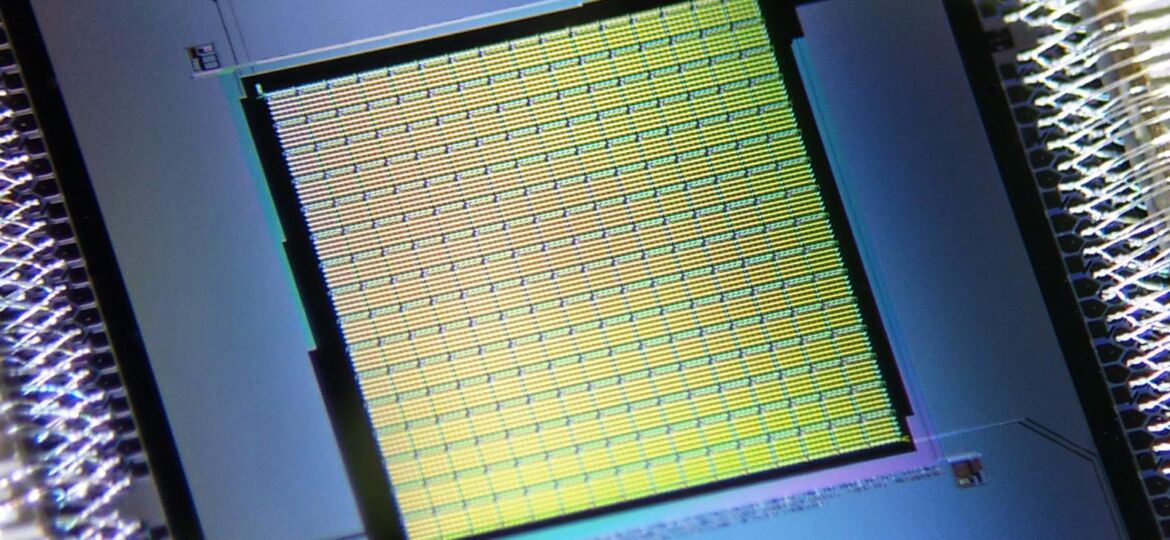
WHY THIS MATTERS IN BRIEF
D-Wave doubles the qubits and boosts previous models performance by 1,000 fold.
Forget logic based servers D-Wave Systems, the controversial quantum computing pioneer, will start shipping a quantum computer with 2,000 qubits – twice the size of its current 1,000 qubit D-Wave 2X in 2017. And, seven years down the road, it still looks like Roses’ Law is holding.
The D-Wave 2X is considered one of the most advanced computers in the world today but the 2017 2,000 qubit leviathan will be 500 to 1,000 times faster than its predecessor, said Jeremy Hilton, senior vice president of systems at D-Wave. And its previous system was fast – very very fast – 100 million times faster than a logic based computer, with caveats of course…
D-Wave sold it’s first quantum computer in 2011 and since then the systems have been snapped up by Google, Lockheed Martin, NASA, and the Los Alamos National Laboratory and there’s no doubt that there’s a queue for next years version, with yet another double-the-size monster on the books for 2019, according to Hilton. A larger processor means more performance and more performance means the system can crunch even bigger data sets and optimisation problems, he said.
D-Wave, like many of the company’s who’ve invested $10 million to buy one, is still discovering uses for its system – Los Alamos National Laboratory bought a D-Wave system to study new nuclear designs while Google is using their system for machine learning and other applications.
D-Wave is hosting a user meeting next week to encourage more software developers to come to the platform using common programming languages like C++ and using popular machine learning models like TensorFlow and Caffe. The company wants to make it easier for programmers to transition to a new type of computer by using conventional coding models.
Quantum computers use different hardware than today’s servers and building them has proven difficult because qubits, central to the systems processing and performance capabilities, can be unpredictable and difficult to control. Today’s servers store data in 1s and 0s, but qubits can store data in multiple states and it’s this that allows them to perform more simultaneous calculations but it’s this potential instability that can affect applications like genome sequencing, which need sustained processing capabilities for long periods of time.
While the behaviour or state of qubits is hard to predict once they start interacting, or “entangling” D-Wave has, nevertheless, achieved a level of consistency and stability and it’s this stability which will, according to Hilton, hopefully hold the key to helping D-Wave create a universal quantum computer. In the short term though the company’s goal is to discover more use models in areas like Artificial Intelligence where D-Wave’s quantum computer might hold promise and then move on from there.
















